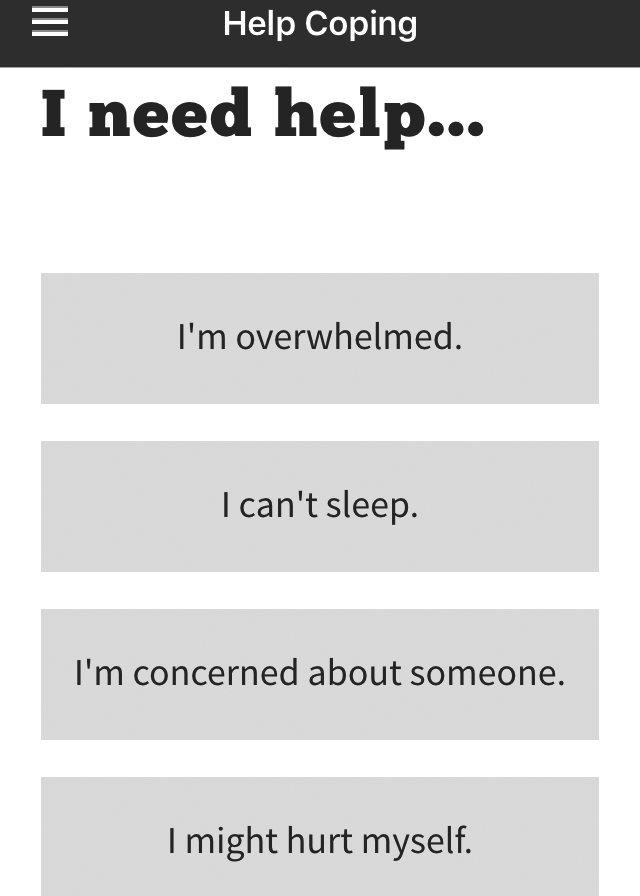TX 2186 bill to require colleges to provide suicide prevention program
April 3, 2016
On May 22, 2014, a student at the University of Texas at Austin committed suicide. His parents started raising awareness about mental health and suicides in college students. They worked with Senator Rodriguez from El Paso to write a bill. The bill was passed on June 1, 2015 and became law on September 1, 2015.
As of September 1, 2015, all higher education schools were required to provide suicide prevention information for students first enrolled in Fall 2016. All information is required to be in an interactive format, such as a video or online program.
According to Director of the Student Counseling Center, Dr. Stephanie Robertson, “Suicide is the second leading cause of death for college-aged students. It is a prominent problem nationally, and Tarleton [State University] is not exempt.”
In 2015, the National Collegiate Health Assessment surveyed the entire Tarleton State University population. 13.6 percent of the student population admitting to considering committing suicide in the past 12 months, while 11.4 percent admitting to attempted suicide at least one time already.
“As the campus carry laws go into effect, suicide will be a more relevant topic,” Robertson says. “Sixty-one percent of all firearm fatalities are suicides in the United States. Though there are many ways to commit suicide, a firearm is more lethal than any other option. “We are extremely concerned about the increased availability of access to highly lethal means on campus.”
Although the law requires higher education schools to start with students enrolled in Fall 2016, Tarleton already has information available to students. Last year, the university utilized an online prevention training called “At Risk for Students.” This content was sent to all faculty, staff, and students. Along with this content, the Tarleton app has a page called “Help Coping,” which gives information like warning signs and strategies for intervention. This page was heavily promoted during Transition Week activities.
Tarleton didn’t just stop with interactive content. Trainings were set in place for Residential Leaders, new faculty members, high-traffic staff areas, and more. The Student Counseling Center also offers a comprehensive mental health training called “Mental Health First Aid.”
“With implementation of the new law, we are still finalizing our plans for distributing the information,” Robertson said. “We plan to incorporate the Task Force video and small group discussions for incoming students.”
Though the information is not required until Fall 2016, resources are always available to students in the Student Counseling Center. All counseling is free and confidential, and will not be part of students’ academic record.
Robertson also wants to remind students that, “You are not alone; please let us help.”
Students can reach the Counseling Center by calling (254)968-9044. The Counseling Center also suggests the following resources:
http://www.suicidepreventionlifeline.org/
http://afsp.org/
https://www.nimh.nih.gov/health/topics/suicide-prevention/index.shtml



